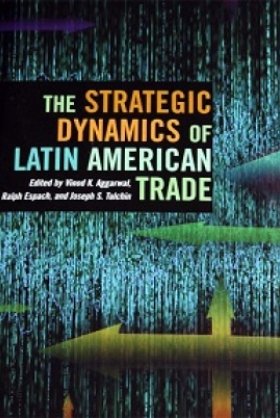
-
The diversity of Latin American trade agreements established since the mid-1980s reflects a broadening range of strategic perceptions and orientations. The argument of this volume is that this increasing divergence among the arrangements reflects fundamental and growing differences among their broader strategic perceptions and political and economic objectives. These, in turn, are grounded in each country’s economic profile, the institutional configuration of its trade policy process, and the constraints and opportunities policymakers perceive at the domestic and international levels.
The opening chapter in this volume provides a theoretical framework that highlights the political-economic tradeoffs entailed in different trade strategies. The remaining chapters in sections I and II focus on domestic and international constraints involved in the formulation, pursuit, and implementation of trade policies. The last half of the volume contains detailed, empirically grounded studies of Argentina, Brazil, Chile, Mexico, and the dynamics of Mercosur.
Vinod Aggarwal is professor of political science, affiliated professor of business and public policy in the Haas School of Business, and director of the Berkeley Asia Pacific Economic Cooperation Study Center at the University of California, Berkeley. Ralph H. Espach is a doctoral candidate in political science at the University of California, Berkeley. Joseph S. Tulchin is the director of the Latin America Program at the Woodrow Wilson Center.
Editors
Browse Insights & AnalysisExplore More
Browse Insights & Analysis
360° View of How Southeast Asia Can Attract More FDI in Chips and AI
Posted date/time:
A Case for a North American Common Tariff
Posted date/time:


